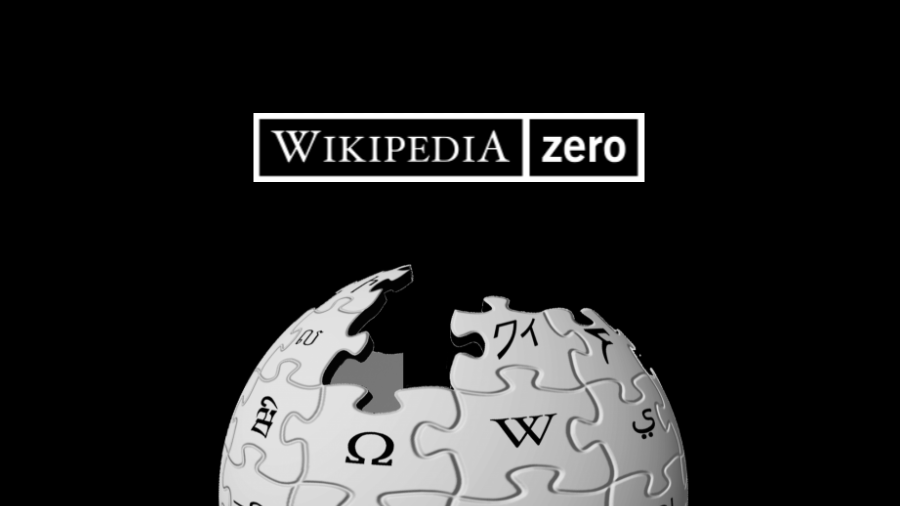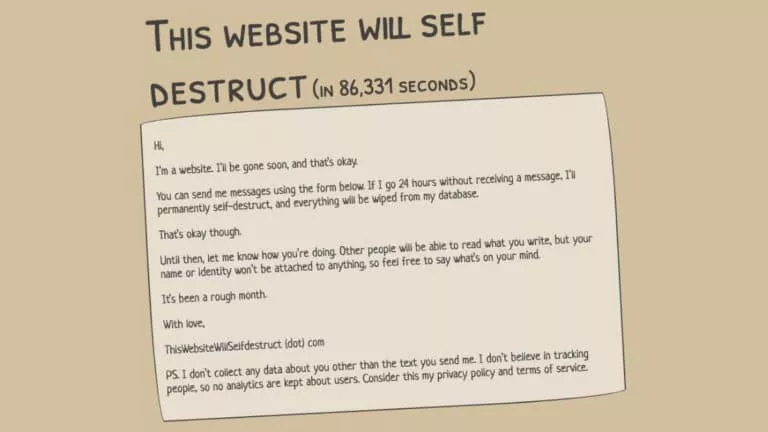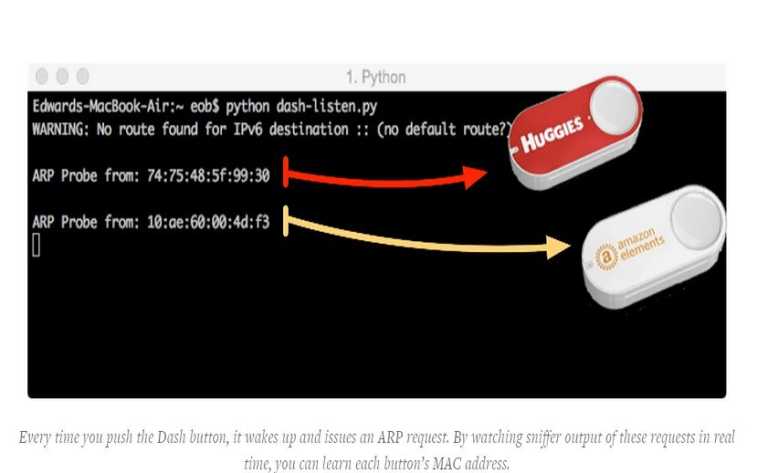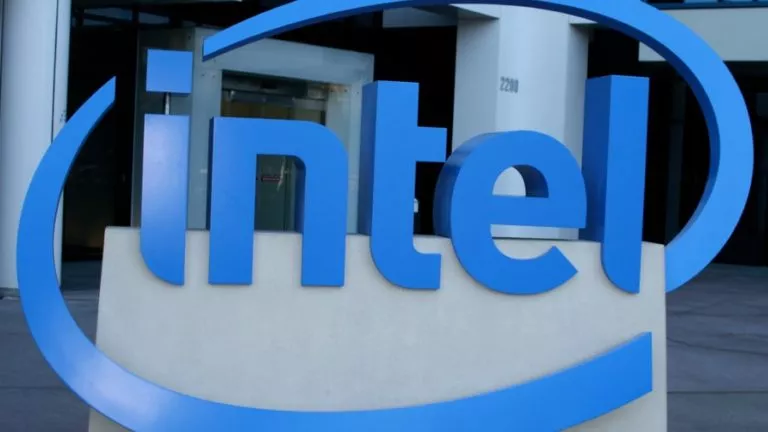Free ‘Wikipedia Zero’ Is Shutting Down After Serving 800 Million Users

The non-profit organization Wikimedia Foundation has been running their project called Wikipedia Zero. Started in 2012, it aims to provide free Wikipedia access to users mostly living in developing countries by partnering with carriers in those regions.
Wikipedia Zero was inspired by Facebook Zero project which also allowed people to access a stripped down version of Facebook for free. Such services are given a zero-rating by the carriers and using them doesn’t count on users’ data bills. The service providers already pay the operation charges.
After more than five years of its existence and serving around 800 million people living in 72 countries, the Foundation is about the end the program soon. The reason that motivated them to pull off the program despite its enormous success was the decline in the adoption rate of Wikipedia Zero since 2016 and also the mobile data becoming cheaper.
The Foundation researched to find out what hindered the adoption of Wikipedia. It concluded that lack of awareness was one critical issue and ran campaigns to inform people about Wikipedia.
Internet services with the “zero-rating” label have sparked the net neutrality debate and raised eyebrows of regulators. In 2016, India banned Facebook’s Free Basics service amid concerns of net neutrality violation. Wikimedia said in the past that their relationship with net neutrality is “complicated.” They believe in net neutrality in America (that doesn’t exist anymore), but a different approach is required while offering Wikipedia Zero in other regions.
Wikipedia Zero will go out of service in 2018, and the Foundation won’t establish any new partnerships with mobile operators. With “several new ideas” on the table for the next year, they might be able to give a new form to ideas like Wikipedia Zero.
Also Read: Is It Legal To Download YouTube Videos Or Convert Music Videos To MP3?






